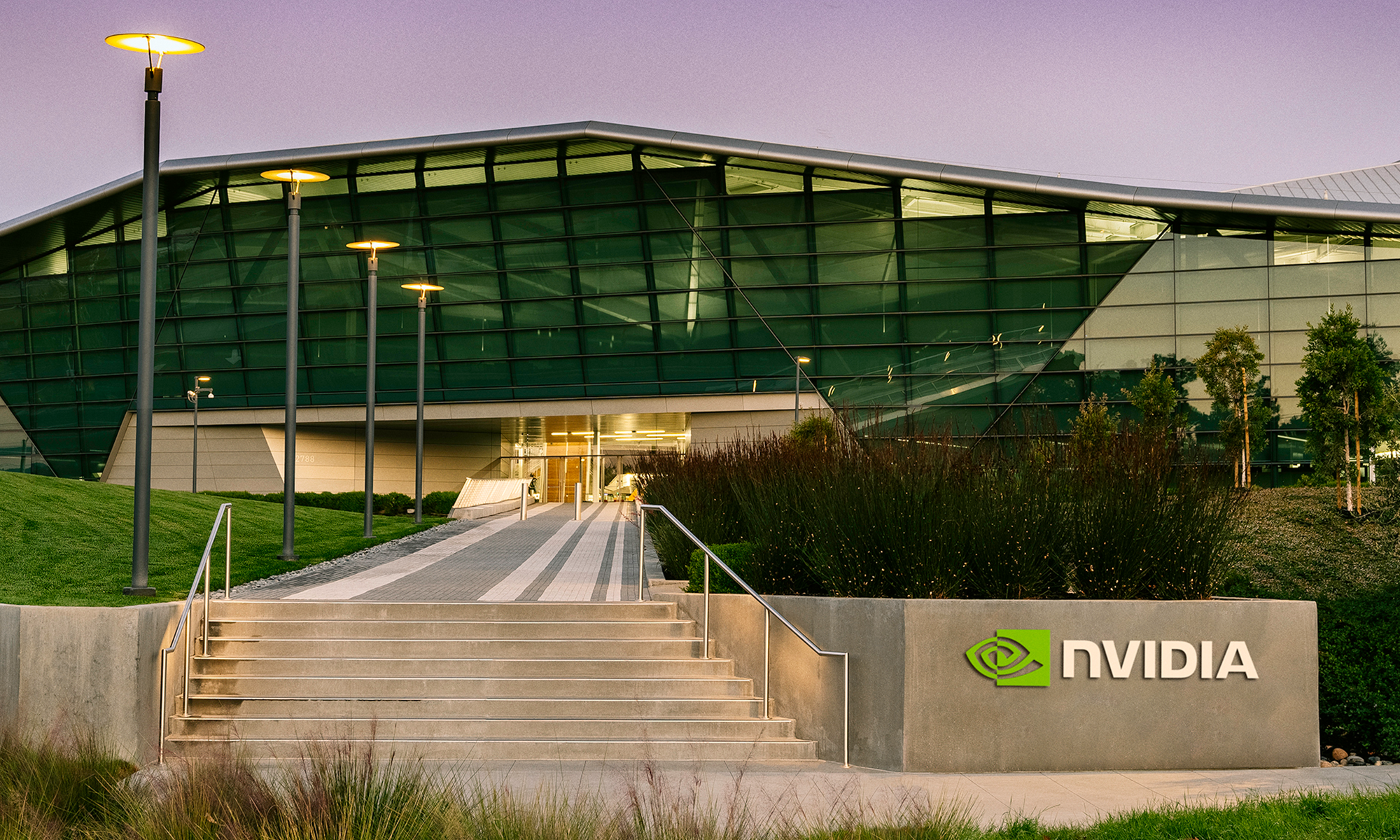
Image source: Viv.
Given its reputation as a "fast follower," it's kind of shocking that Samsung has yet to release a full-on virtual assistant. I mean, Apple (AAPL +0.19%) acquired Siri way back in 2010. That was six years ago, and the company subsequently introduced the in-house version of Siri in 2011 with the iPhone 4s. There had been reports last year that Samsung was working on a virtual assistant, leveraging its S Voice technology, but even that is remarkably tardy.
Well, the South Korean conglomerate is trying to catch up -- finally.
Better late...or never?
Samsung has announced that it is acquiring Viv Labs, which was actually created by the same people that created Siri. Samsung wants everyone to know that it's not going to sit on the AI sidelines, and Viv leverages natural language learning and machine learning, while creating a platform for third-party developers.
Video source: Samsung.
If none of that sounds new, it's because it isn't. All of the major tech players have been working on this stuff for many years, so Samsung is desperately trying to play catch-up via acquisition. Samsung mobile CTO Injong Rhee notes that the company has already made several other acquisitions in this space.
This is just as much about competing with Google as it is about competing with Apple
Beyond the expected PR language that more or less describes the table stakes for virtual assistants, you have to question the strategic value of Samsung pursuing a virtual assistant. Much to its dismay, Samsung has long relied on Alphabet (GOOG +0.96%)(GOOGL +1.02%) for Android. Of course, Google launched Google Now many years ago, and has revamped the service as Google Assistant.
Google Assistant will become widely available throughout Android as part of 7.1 Nougat, although not all Nougat devices will receive Google Assistant. There's almost no way that Samsung's assistant will be able to outperform Google Assistant, which means that the vast majority of users will end up using Google's assistant. Samsung will not be able to differentiate here, in which case these efforts may be wasted.
Samsung's biggest weakness
The timing of this acquisition also speaks to the fact that Samsung has never been good at software, a stark contrast to its incredible hardware prowess. That hasn't stopped the company from trying to branch out beyond hardware, but Samsung still has little to show for software innovation even after so many years of trying to become an integrated player.
It's entirely true that Apple has sort of underplayed Siri relative to what other peers are doing in virtual assistants. There's no good reason why Apple took so long to open up Siri to third-party developers. Apple was among the first to launch a virtual assistant, but among the last to open up the platform.
Still, it seems unlikely that Samsung will make a meaningful mark with this acquisition. No one will buy an exploding Samsung device for a Samsung assistant when Google Assistant is far more useful.







